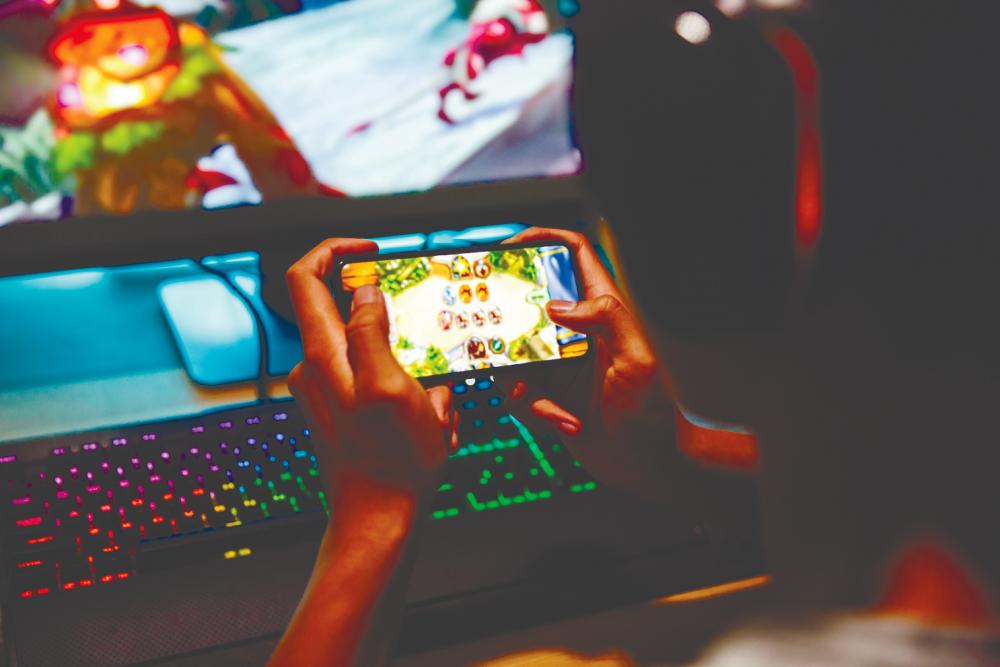ON May 24, the deadliest US school shooting of this year occurred, when Salvator Ramos invaded Robb Elementary School in Uvalde, Texas and took 21 innocent lives, 19 of whom were children.
In the days that followed, investigators pieced together information about Ramos’ background, and news eventually broke that the 18 year old had allegedly made threats to “shoot up a school” after losing in a video game, a threat he was known to hurl when playing.
Surprisngly, American news media (and politicians) did not latch on to the alleged link between Ramos and video games like after previous mass shooting events in the past.
However, a Fox News host said: “It seems like these things have gotten so much worse since video games became so realistic and so violent”.
He was referring to another mass shooting incident that occurred prior to the one in Texas.
This isn’t the first time the media (and politicians) have attempted to link real-world violence to video games, or the entertainment media as whole, and it certainly isn’t confined to America.
Nine years ago, a Malaysian politician attempted to get the game Grand Theft Auto 5 banned in the country due to in-game violence.
Finger pointing is as natural to humans as breathing, and the finger pointing to violence in video games (and movies, and TV shows) has been persistent for a long time, and frankly, it is distracting from actual causes of real-world violence, primarily mental health and child upbringing.

Correlation vs. Causation
The idea that the consumption of content from video games and related entertainment media directly causes an uptick in hostility, anti-social behaviour and ultimately, explosive aggression in the real world, or that children will become killers after playing a violent video game is inherently false.
While there has been research done overseas and in Malaysia exploring violent tendencies and whether entertainment media aggravates it, the findings are either “bad” due to limited research methodologies – i.e. small sample sizes – or if they’re decent, the correlation is so small, they mean nothing on a wider scale.
This is backed up by a 2020 study that re-examined 28 global studies on the subject, which reported that when bundled together, all the previous studies showed minuscule positive corelation between gaming and aggression.

It makes sense
Video games have been present in Malaysia for decades, and gaming is increasingly common within every household, while the availability of film and TV streaming are just as widespread, yet Malaysia rarely – if ever – experiences mass casualty events or violent attacks like America does.
The real-world violence that we experience “regularly” however, is often – ironically – isolated, occurring once in a blue moon, such as the torture and subsequent death of a Navy cadet, or the school assaults on lone children by groups of other children that sometimes go viral on social media.
Then there is the violence in worse-off third world countries without the kind of access to videogames or entertainment media that other developing or developed countries have.
This isn’t to say video games, movies or TV shows are entirely blameless, or that studies about these subject matters are a waste, but the scope has to take other variables into consideration, such as the mental state of the children or adults that resort to violence (“Do they have anger management issues?”), their upbringing (“Were they neglected/abused as children?”), and the other actual factors behind why they are the way that they are.
In most situations, correlation is ruled out, because most people – be it children, teens or adults – who consume violent media are not violent in the real-world, even if they display some anti-social behaviour.
That said, there are strong causal effects, where those who are aggressive or violent are naturally drawn to violent media, which may “aggravate” existing tendencies and in most cases, may cause them to lash out in the real world due to desensitisation and weakened moral inhibitors.
In these cases, again, entertainment media still isn’t the primary cause for the behaviour of a small part of the population.
At the end of the day, most video games, movies, TV shows and music “with violent or graphic content” are just politically-charged talking points turned into a convenient bogeyman meant to distract from the root causes of real world violence.













